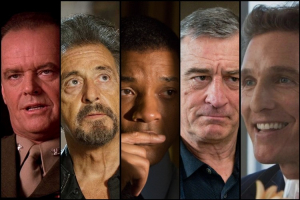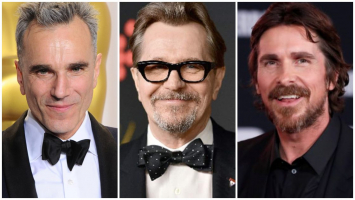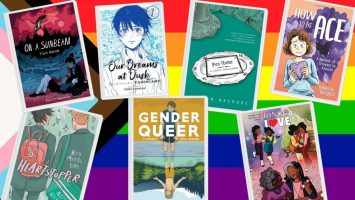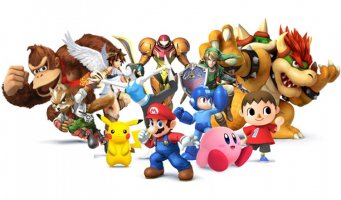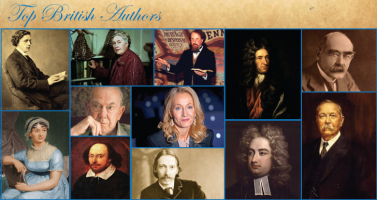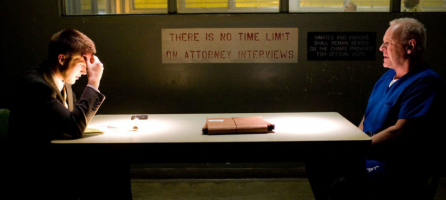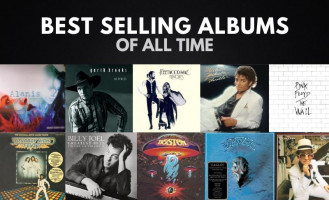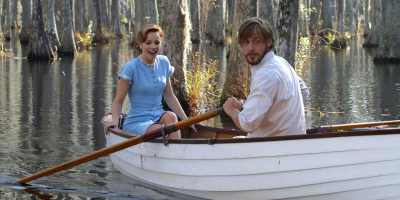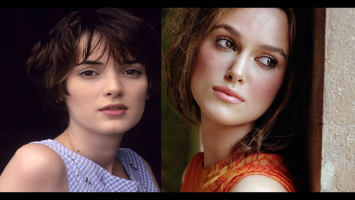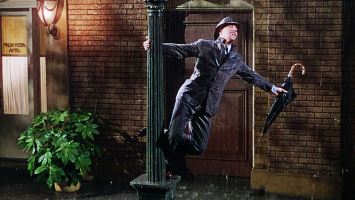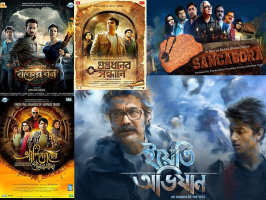Top 10 Best Korean Actors of All Time
Korea is famous for its most attractive actors who have the greatest performances on the screen. This list includes well-known Korean actors of all time who ... read more...have been recognized for their outstanding acting abilities in South Korean dramas and movies in which they have appeared. Let's find out the best South Korean actors with Toplist in this article!
-
Song Kang-ho made his film debut in The Day a Pig Fell Into the Well (1996). He then rose to cult status for his role as a gangster training a group of young recruits in Song Neung-han's No.3, for which he won his first acting award at the Blue Dragon Film Awards.
Song rose to international prominence as a result of his roles in Snowpiercer (2013) and Parasite (2019). He had a starring role in the critically acclaimed film Parasite, which became the first South Korean film to win the Palme d'Or, as well as the first to be nominated for and win the Academy Award for Best Picture. The New York Times ranked him sixth on its list of the 25 Greatest Actors of the Twenty-First Century in 2020. He has four times been named Gallup Korea's Film Actor of the Year (2013, 2017, 2019, and 2020). He was chosen as one of nine judges in the competition section of the 74th Cannes Film Festival in 2021.
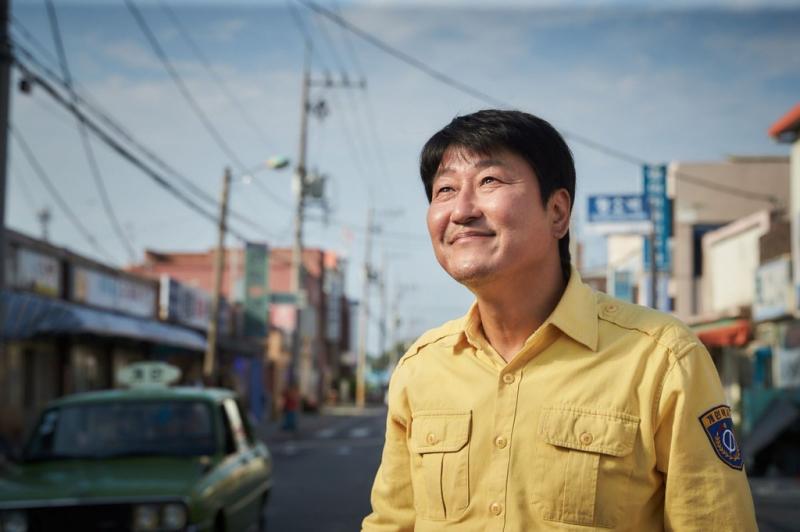
Song Kang-ho Song Kang-ho -
Before achieving international success, Choi Min-sik was one of the most famous actors in Kim Chi. He started acting in the 1990s with his debut films Kuro Arirang and Our Twisted Hero. After that, he spent more time on dramas, including the movie The Moon of Seoul with actor Han Suk-kyu.
By the 2000s, Choi Min-sik returned to the big screen and has won countless prestigious Asian and Korean film awards such as the Blue Dragon Award, Beaksang, Grand Bell, Asian Film, Asia-Pacific Film Festival. His award-winning films include Nameless Gangster: Rules of the Time, Painted Fire.He also co-starred in the 2014 film Lucy with Scarlett Johansson. He won Best Actor at the 40th Baeksang Art Awards, the 24th Blue Dragon Awards, and the 41st Grand Bell Awards for his performance in Oldboy. He was named Gallup Korea's Film Actor of the Year in 2014.
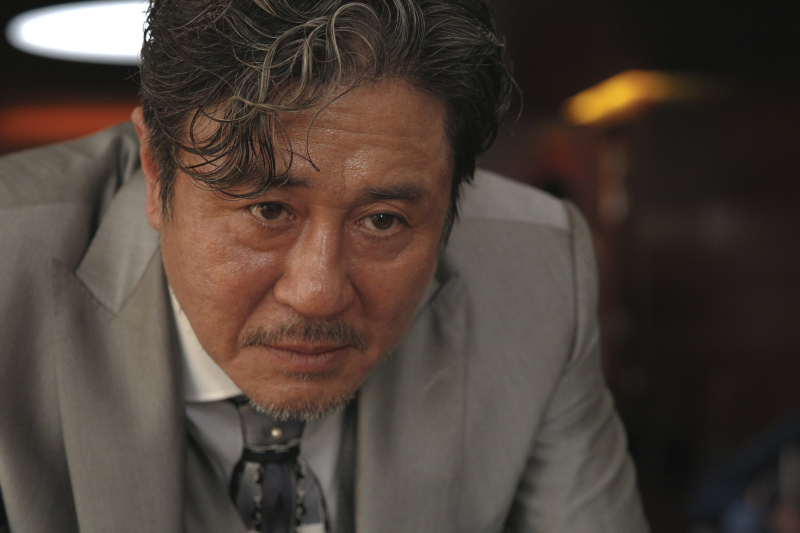
Choi Min Sik Choi Min Sik -
Lee Jung-jae is a South Korean businessman, actor, and former model. He is one of South Korea's most successful actors. Lee, who was born in Seoul, began his career as a fashion model before moving on to television, where he starred in the campus drama Feelings (1994) and the drama Sandglass (1995). He was nominated for Best Actor at the Blue Dragon Film Awards for City of the Rising Sun (1999), the Fantasporto Director's Week for The Housemaid (2010), and the Buil Film Awards for Assassination (2015).
Lee rose to international prominence in 2021 for his portrayal of Seong Gi-hun, the main protagonist of Netflix's survival drama Squid Game. He was nominated for numerous awards for his performance, including the Critics' Choice Television Award for Best Actor in a Drama Series, the Golden Globe Award for Best Actor – Television Series Drama, and the Screen Actors Guild Award for Outstanding Performance by a Male Actor in a Drama Series, making him the first male actor from Asia and Korea to receive individual nominations in those categories across all three award shows. He was named Gallup Korea's Film Actor of the Year in December 2021.
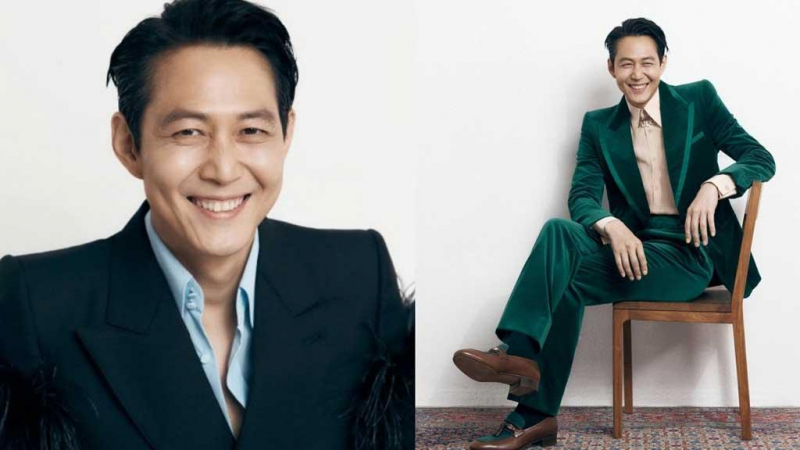
Lee Jung-jae Lee Jung-jae -
Ahn Sung-ki is one of the country's most respected actors, having appeared in over 130 films over the course of his 60-year career. Ahn, a native of Seoul, was the son of a veteran filmmaker and producer and began his career as a child actor in director Kim Ki- young's the celebrated film The Housemaid (1960).
He received acclaim for his performance in the 1980 film A Fine, Windy Day, and he was named Best New Actor at the Grand Bell Awards. This was followed by a Best Film Actor Award at the 1982 Baeksang Arts Awards for his performance as a Buddhist monk in Im Kwon-taek's critically acclaimed Mandala, which is still regarded as one of the best domestic films of all time by critics. Furthermore, he and Park Joong-hoon co-starred in the 1993 hit buddy cop comedy Two Cops, for which he received the "Daesang" (Grand Prize) at the Baeksang Arts Awards. Their on-screen chemistry as fellow detectives was extremely popular with audiences, and they have been dubbed the original on-screen "bromance" of Korean cinema.
Besides, Ahn surprised critics and commentators by appearing in the low-budget semi-biographical film Unbowed since it had been rejected by major distributors due to its controversial content. The critically acclaimed film was a surprise box office success, earned awards from the Korean Association of Film Critics and the Baeksang Arts Awards.
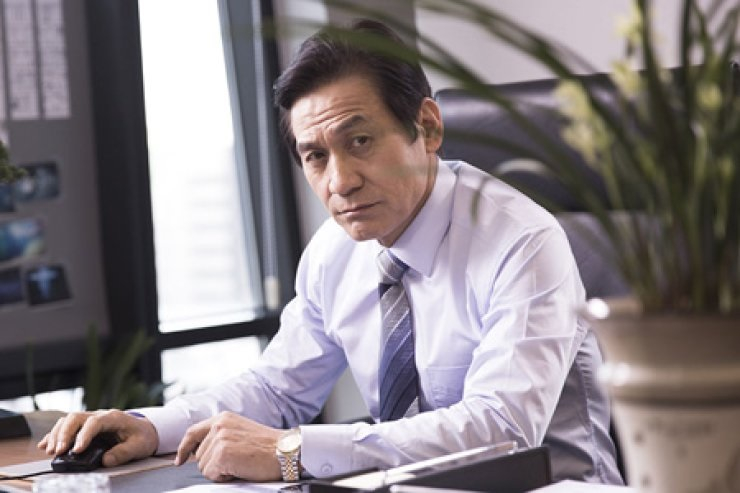
Ahn Sung Ki Ahn Sung Ki -
Lee Byung Hun's work has received critical acclaim across a wide range of genres. Inside Men (2015), his critically acclaimed film, earned him Best Actor honors at three prestigious award ceremonies: the 52nd Baeksang Art Awards, the 37th Blue Dragon Awards, and the 53rd Grand Bell Awards. Lee has five films on the list of highest-grossing films in South Korea: Joint Security Area, The Good, the Bad, the Weird, Masquerade, Inside Men, and Master. Lee was named Gallup Korea's Actor of the Year in both the film and television categories in 2012. He had a recurring role as the Front Man in the Netflix survival drama series Squid Game in 2021.
In the U.S., he is best known for playing Storm Shadow in G.I. Joe: The Rise of Cobra (2009) and its sequel G.I. Joe: Retaliation (2013), as well as co-starring in Red 2 with Bruce Willis (2013). In Terminator Genisys (2015), he played T-1000, in The Magnificent Seven (2016), he played Billy Rocks, a knife-wielding gunslinger, and in Squid Game (2021), he played the Front Man. Lee is a member of the Academy of Motion Picture Arts and Sciences and was the first South Korean actor to present an Oscar at the annual Academy Awards in Los Angeles.
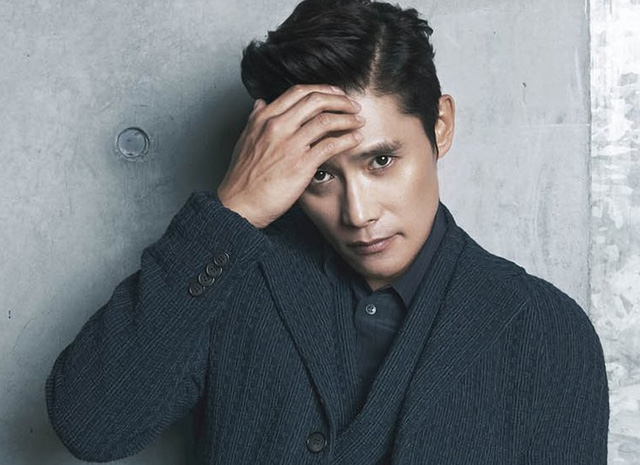
Lee Byung Hun Lee Byung Hun -
Sol Kyung-gu is best known for his roles in the film series Public Enemy, Peppermint Candy, Oasis, Silmido, Hope, and The Merciless. Sol began taking on minor roles in feature films in the mid-1990s, but it wasn't until 1999 that he made his breakthrough, with major roles in The Bird That Stops in the Air, Rainbow Trout, and Peppermint Candy, in which he played a suicidal man devastated by his country's two-decades of historical change. The film was well-received, and Sol received his first Best Actor award at the Blue Dragon Film Awards in 2000.
He won Best Actor at the Grand Bell and Blue Dragon Film Awards for his role as a violent and unscrupulous police detective in Public Enemy. He also appeared in Lee Chang-critically dong's acclaimed third film, Oasis, for which he received the Silver Lion for Best Director at the Venice Film Festival. Sol won Best Actor for his portrayal of a mildly mentally disabled outcast with sociopathic tendencies at the Chunsa Film Art Awards, Korean Association of Film Critics Awards, Korean Film Awards, Director's Cut Awards, the 29th Seattle International Film Festival, and many other awards after that.
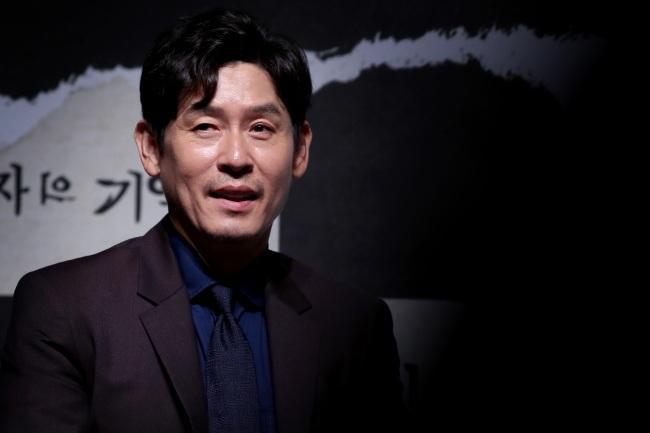
Sol Kyung-gu Sol Kyung-gu -
Hwang Jung-min is one of South Korea's highest-grossing actors, having appeared in films such as Ode to My Father (2014), Veteran (2015), The Himalayas (2015), A Violent Prosecutor (2015), and The Wailing (2016). Hwang Jung-min began his acting career in musical theater, making his debut in Line 1 in 1995. Despite a successful stage career, Hwang struggled to make the transition to film. His big break came when he was cast in Waikiki Brothers, a 2001 Korean sleeper hit.
Many people were moved by his famous speech when he accepted the best actor award at the Blue Dragon Film Awards for his performance in You Are My Sunshine: "All I did was add a spoon to a dinner table that had already been prepared by others". In Veteran, he played a hot-tempered police detective on the trail of an arrogant and heartless chaebol heir. The film was yet another smash hit, and it is now the third highest-grossing film in Korean cinema history.
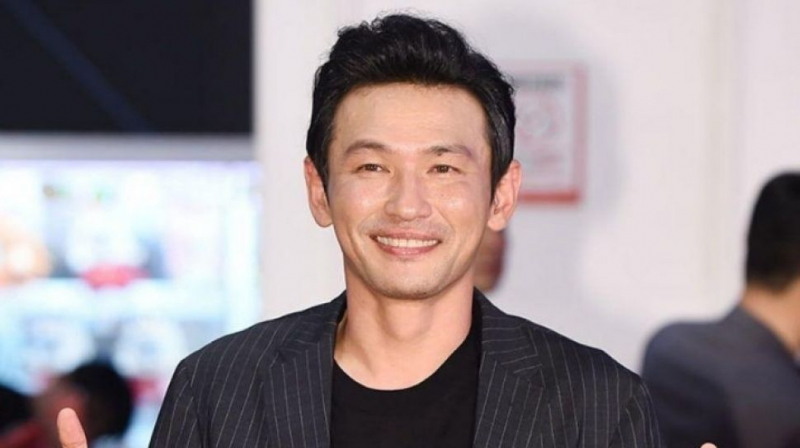
Hwang Jung-min Hwang Jung-min -
Jung Jae-young began his career as a minor character in films ranging from his debut, The Adventures of Mrs. Park to Green Fish (1997), The Quiet Family (1998), and Die Bad (2000). Throughout this time, however, he was mostly preoccupied with works by director/playwright Jang Jin, both on stage and in minor roles in the films The Happenings and The Spy.
Jung Jae-young is best known for his roles in the critically acclaimed films Silmido (2003), Right Now, Wrong Then (2015), and On the Beach at Night Alone (2017). He received Best Actor and Best Supporting Actor honors at the Blue Dragon Film Awards, Busan Film Critics Awards, Director's Cut Awards, Korean Association of Film Critics Awards, 9th Asia Pacific Screen Awards, and Locarno International Film Festival for his work in films.
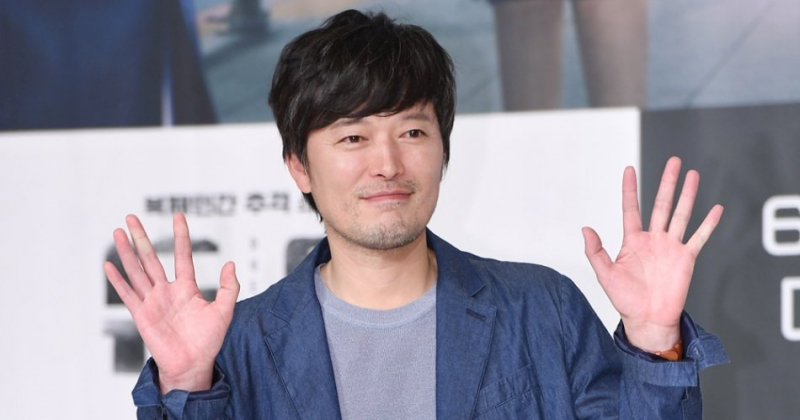
Jung Jae-young Jung Jae-young -
Ha Jung-woo is a South Korean actor, screenwriter, director, and producer. Ha is one of South Korea's highest-grossing actors, with over 100 million tickets sold in his films. Only three other actors have reached this milestone, with Ha being nearly a decade younger than the others.
His big break came when he landed a role in Na Hong-serial jin's killer film The Chaser (2008). Ha, one of the leading actors of his generation in Korean cinema, demonstrated his versatility in a variety of genres, including the road movie My Dear Enemy (2008), the sports film Take Off (2009), the action thriller The Yellow Sea (2010), the gangster saga Nameless Gangster: Rules of the Time (2012), the romantic comedy Love Fiction (2012), the spy actioner The Berlin File (2013), and the action-thriller The Terror Live (2013). Ha Jung-woo won Best Actor awards from the Asian Film Awards, the Baeksang Arts Awards, and the Korean Association of Film Critics for his performance in The Yellow Sea.
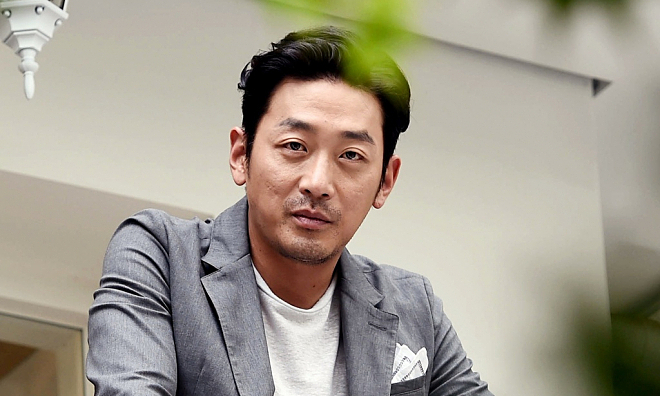
Ha Jung-woo Ha Jung-woo -
Because of his theater background, Kim Yoon-Seok was initially cast in minor roles in film and television. His breakthrough role was as the villain in the gambling film Tazza: The High Rollers (2006), but it was his performance as an ex-cop turned pimp in the surprise hit The Chaser (2008) that propelled him to stardom in his forties. Kim has since become a well-known actor in South Korea, having appeared in several films.
He has won many awards, such as the Best Actor at the 16th Chunsa Film Art Awards, 9th Busan Film Critics Awards, 29th Blue Dragon Film Awards, 7th Korean Film Awards, 2nd Asia Pacific Screen Awards; the Grand Prize (Daesang) at 20th Korean Culture and Entertainment Awards and 54th Baeksang Arts Awards, etc.
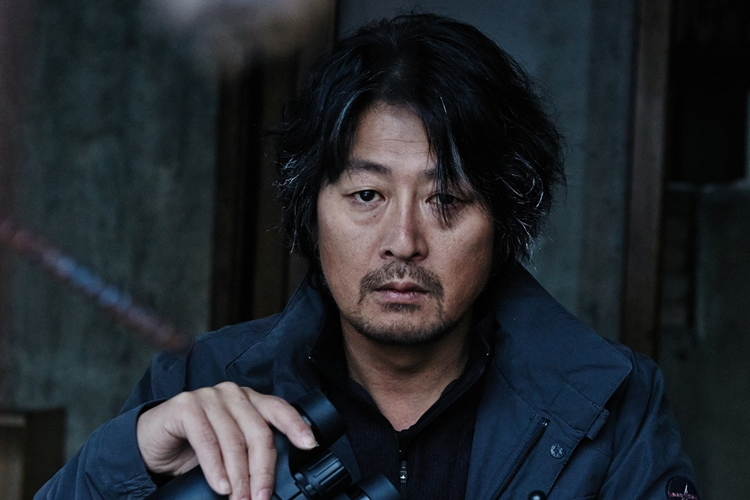
Kim Yoon-Seok Kim Yoon-Seok












